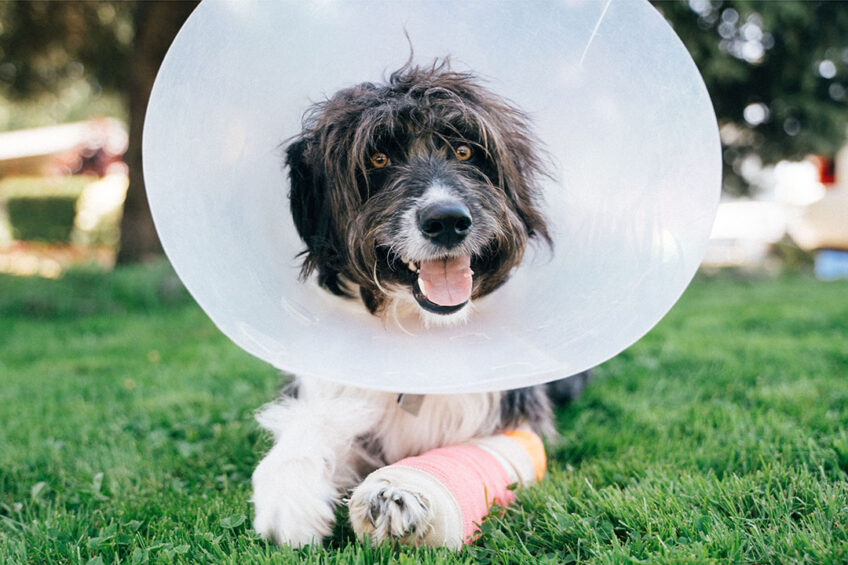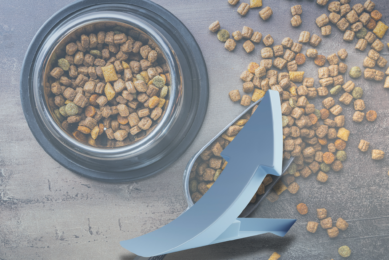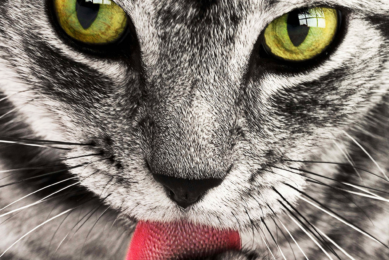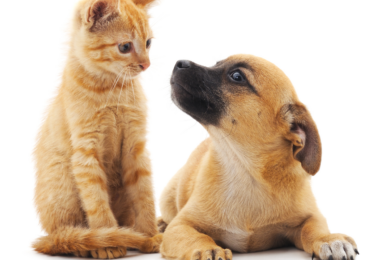Russia imposes new restrictions on imported pet food

The Russian veterinary watchdog Rosselhoznadzor has prohibited pet food imports from Italy’s Hill’s and Serbia’s Farmina, putting additional pressure on the dwindling imports.
Rosselhoznadzor said that the imports from Hill’s pet food were restricted after routine inspections revealed the dubious quality of the products delivered. The regulator claimed that in a bid to lower production costs, the manufacturer replaced some raw materials of animal origin with plant-origin alternatives.
Besides, customers complained about discovering worms in the purchased pet food, Rosselhoznadzor stated.
Restrictions against Farmina were introduced over a repeated discovery of arsenic in the imported product batches, the agency reported.
Puts pressure on medication pet food sector
The restrictions will be painful for the segment of the medicated pet food of the Russian market, Vladimir Urazhevsky, president of the Union of Cynological Associations of Russia, told a local news outlet NSN.
“This brand is very famous and popular all over the world. Hill’s food is often used not simply to feed animals but to treat various health issues, for example, those associated with the gastrointestinal tract. It served as a base for over 40 treatment diets,” Urazhevsky said.
It is a shame this pet food will disappear. I hope this is not about politics. It would not be worthwhile to remove it from the market fully
Vladimir Urazhevsky, president of the Union of Cynological Associations of Russia
Pet food imports shrink
Over the past few years, the share of imported pet food on the Russian market dipped from 15% – 20% to 10%, Kirill Dmitriev, president of the Russian National Association of Zoo Industry, told the state news outlet Tass.
Hill’s and Farmina occupied a relatively small niche in the Russian market, and their loss is not going to be critical, Dmitriev noted.
Sweeping restrictions imposed
Rosselhoznadzor imposed sweeping restrictions against imported pet food, citing GMO and fraud concerns. The agency regularly complained that Western pet food manufacturers replaced some raw materials, not reflecting this on production labels.
It would be wrong to say that imports from Western countries fully came to a halt, Dmitriev said, adding that supplies still flow from some factories in Belgium, France, Italy and Serbia. Besides, imports from politically friendly countries have started to perk up, Dmitriev disclosed.
Russia imports pet food from Turkey, China, countries of Southeast Asia, Brazil and Argentina, Dmitriev said, not providing concrete figures. However, the imports from alternative destinations are yet to fully compensate for the lack of the popular brands that are no longer present in Russia, he added.











